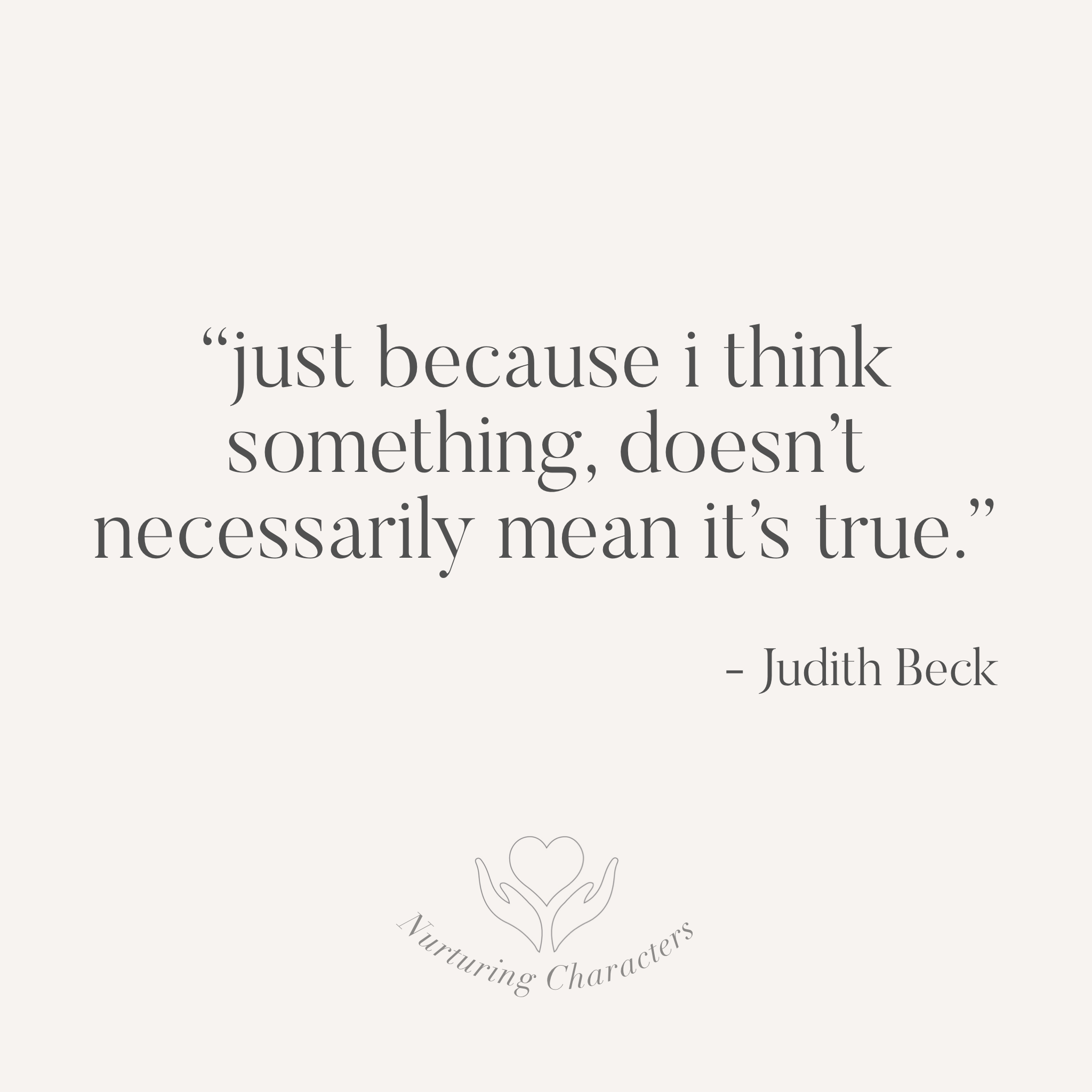We have thousands of thoughts each day, between 45,000 to 50,000 to be ‘roughly’ exact. But did you know that not all of what you think about is necessarily true?
It takes a bit of training to catch your thoughts since they happen so fast, but it is crucial for your mental health to practice analyzing thoughts. Not everything you think is true!
Thoughts affect feelings and together they influence behavior. The thoughts we think, whether true or false, helpful or unhelpful, lead to our reactions: emotional (feelings), physiological (body), and behavioral (actions we take).
Automatic thought:
“I’m so overwhelmed, I’m never going to get done all that needs to get done today.”
Leads to:
Emotional: anxious
Physiological: tension, fidgety
Behavioral: irritable with family, losing focus, becoming unproductive because of overwhelming thoughts.
Let’s stop. Was that automatic thought entirely true? If it is true, is it a helpful thought?
How about saying instead:
“Getting all of it done today may not be realistic, I can start on something small and go from there. Saying ‘never’ isn’t necessarily true. Eventually, I will get things done.”
Try stopping to analyze your thoughts. What are you saying to yourself?
If it’s not entirely true, it will affect your reactions. 🔍💭
~ Dr. Judith Beck is the daughter of Dr. Aaron Beck, one of the founding fathers of Cognitive Behavior Therapy. She is also president of the Beck Institute.
